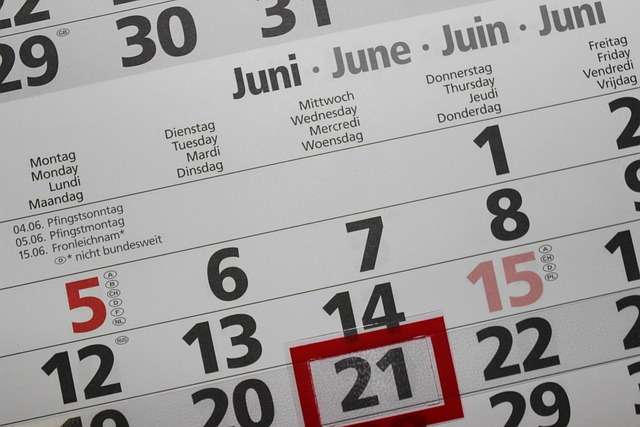If you’re a PhD, Postdoc, or professor, your calendar probably looks like a chaotic patchwork of meetings, emails, and last-minute requests. The result? Constant busyness, but little real progress on the projects that matter for your career.
The problem isn’t a lack of work ethic — it’s a lack of deliberate planning. Without a clear structure, you’ll always default to other people’s priorities.
The solution: a two-phase planning system that helps you design your week for maximum focus and defend that plan against interruptions.
Phase 1: Designing Your “Ideal Week”
Phase one is about abstract planning — creating a structure that protects your deep work time before the week even begins.
The goal: block your week into four categories of time and put them in the right order.
1. Fixed Commitments
Start with non-negotiables — teaching, recurring meetings, and anything that happens at the same time every week. If they involve travel, block that time too.
2. Deep Work Blocks
Find the longest uninterrupted stretches you can — ideally two to four hours. These are for work that requires full concentration: drafting papers, analyzing data, writing grants.
3. Rest and Recovery
Schedule breaks before you need them. Nobody can sustain a four-hour deep work session without rest. Protect your energy like you protect your deadlines.
4. Shallow Work and Open Slots
This is time for email, admin, or meetings others can book. Keeping it contained prevents these low-value tasks from spilling into your deep work.
When you’ve placed these four block types in your calendar, you’ll see the real shape of your available time — and where you may need to add buffers to stay realistic.

Phase 2: Making It Concrete
Abstract blocks are good for structure, but progress comes from filling them with actual tasks.
- Keep a master task list divided into deep work and shallow work items.
- Estimate time generously — and then double it. Most academics underestimate task length.
- Assign tasks automatically with a tool like FlowSavvy. This keeps scheduling under five minutes a week and reduces decision fatigue.
The software allocates tasks into your pre-defined blocks, and you simply review and fine-tune.
Defending Your Week
Even the best plan will fail if you let ad-hoc requests take over.
- Set clear booking rules — for example, no meetings without 24–48 hours’ notice.
- Limit open slots so people can’t overrun your calendar.
- Communicate availability clearly in your booking tool or email signature.
By doing this, you protect your most valuable hours from being traded away for low-priority work.
The Payoff
When you plan your week in these two phases, you:
- Reduce decision fatigue
- Protect your deep work
- Stay realistic about your capacity
- Build a rhythm that sustains productivity and well-being
Academic time management isn’t about squeezing more in — it’s about ensuring the right work gets done at the right time.
